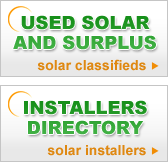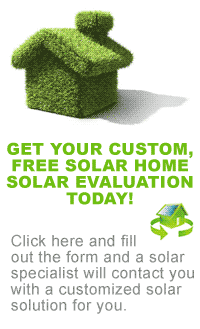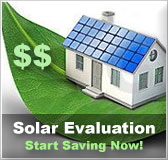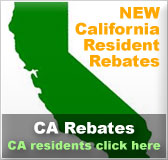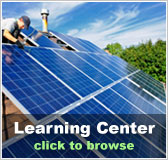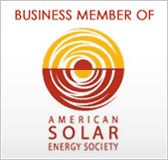Home energy efficiency improvements tax deduction:
-The state of Missouri offers residents a tax deduction for all home
energy audits and energy improvements made on their homes based on
the results of an energy audit.
-This tax deduction allows residents to deduct 100% of the amount
from their income taxes.
-Maximum amount allowed for this deduction is $1,000 per tax return.
Any remaining amount may be carried over to following tax years up
to an accumulative maximum amount of $2,000 per taxpayer.
Super savor loans – Columbia Water & Light:
-These loans are to encourage and help residents of Missouri to make
energy efficiency improvements to their homes.
-Super savor loans have a fixed low interest rate and a five year
payback period with out any prepayment penalties.
-Loans are given to help with costs associated with solar water heat,
solar space heat, furnaces, heat pumps, air conditioning, building
insulation, windows and doors.
-Energy efficiency technologies must meet all requirements and standards
to be eligible.
Utility rebate programs:
-Many utility rebate programs are available throughout the state
of Minnesota provided by municipal cities and utility companies to
help encourage home owners to make energy efficiency improvements.
-Details, requirements and rebate amounts for each program will vary.
Net metering:
-Net metering is available to customers who have facilities that generate
electricity through solar, wind, methane, biomass, hydropower or geothermal
systems.
-The power produced by the renewable energy system is used to offset
the kilowatt hours consumed each month. The incentive shows up as
a credit on the customer’s monthly bill.
-Customers keep all renewable energy credits connected to the electricity
their system generates.
-Systems must have a maximum capacity of 100 kilowatts to be eligible
for net metering.
Residential renewable energy tax credit:
-This personal tax credit allows the taxpayer to claim a credit of
30% of expenditures including labor costs and installation of qualified
residential solar-electric systems, solar water heating systems or
fuel cells. Small wind-energy systems and geothermal heat pumps can
also be accredited for.
-Solar-electric systems and solar water heaters have a maximum incentive
of $2,000 if placed in service before 2009. There is no maximum incentive
for systems placed after 2008.
-The excess amount of the federal tax credit may be carried forward
to the next taxable year if it exceeds tax liability.
-This can be carried forward until 2016, but after that, it is unknown
if the unused credit will be able to be forwarded.
Residential energy conservation subsidy exclusion:
-This is a personal exemption of 100% of energy conservation subsidies
provided by public utilities.
-The value of a purchase or installation of any energy conservation
measure by a customer such as solar water heat, solar space heat or
photovoltaics will not be included in the customer’s gross income.
-Customers of an electric utility company, who participate in the
utility’s energy conservation program, may receive a rate reduction
of electricity furnished or a nonrefundable credit against the purchase
price of the electricity on each monthly electric bill.
Energy-efficient mortgages:
-This is a federal loan program where homeowners can use EEM (energy-efficient
mortgages) to finance renewable energy technologies in a home.

